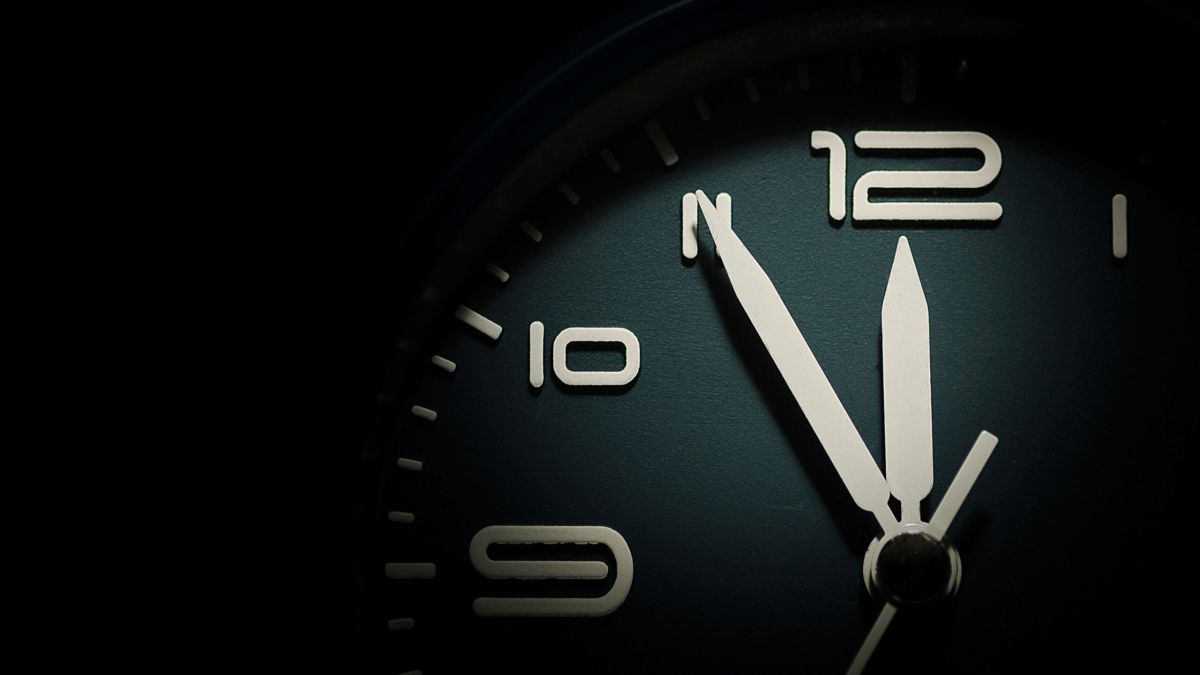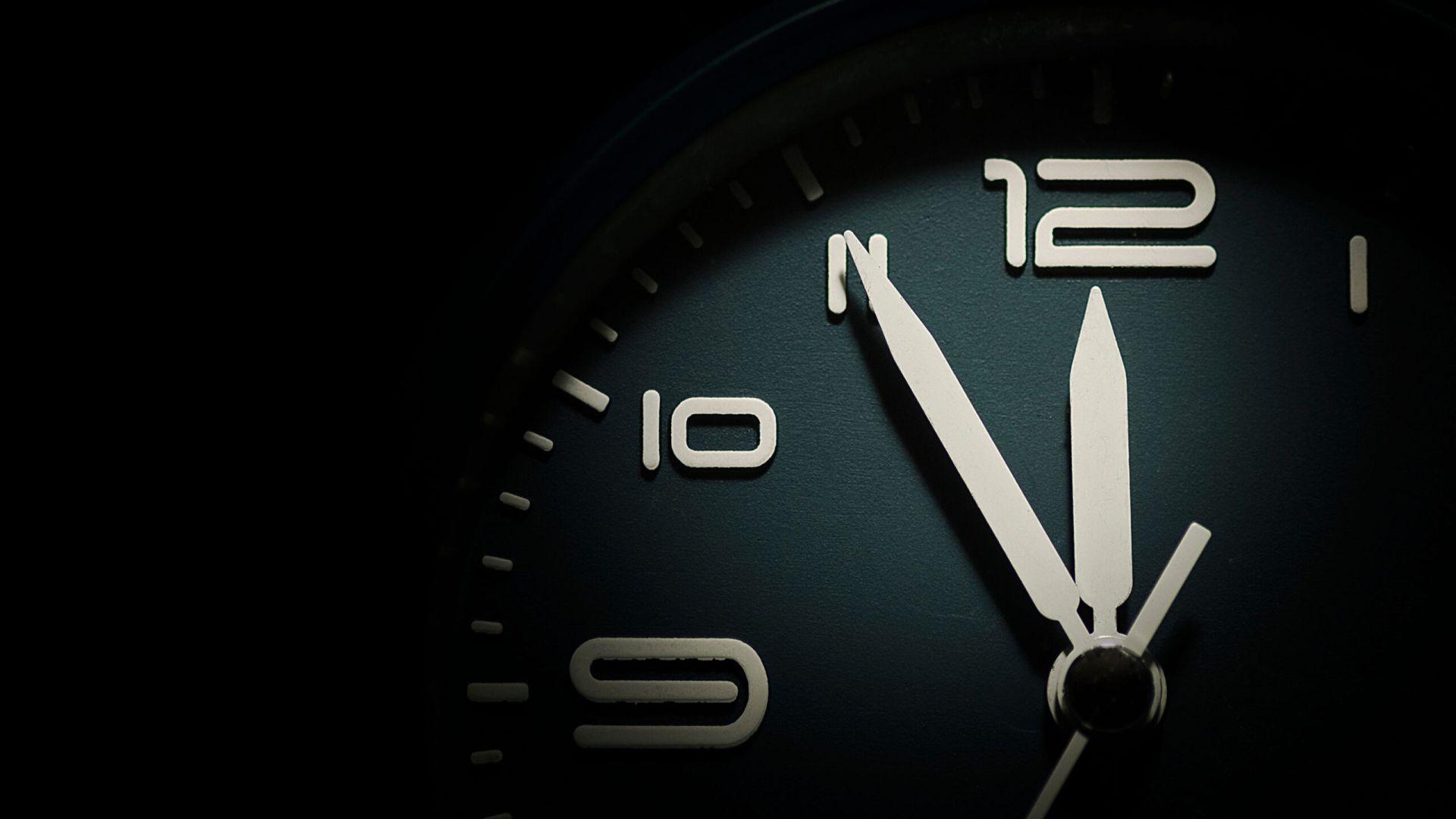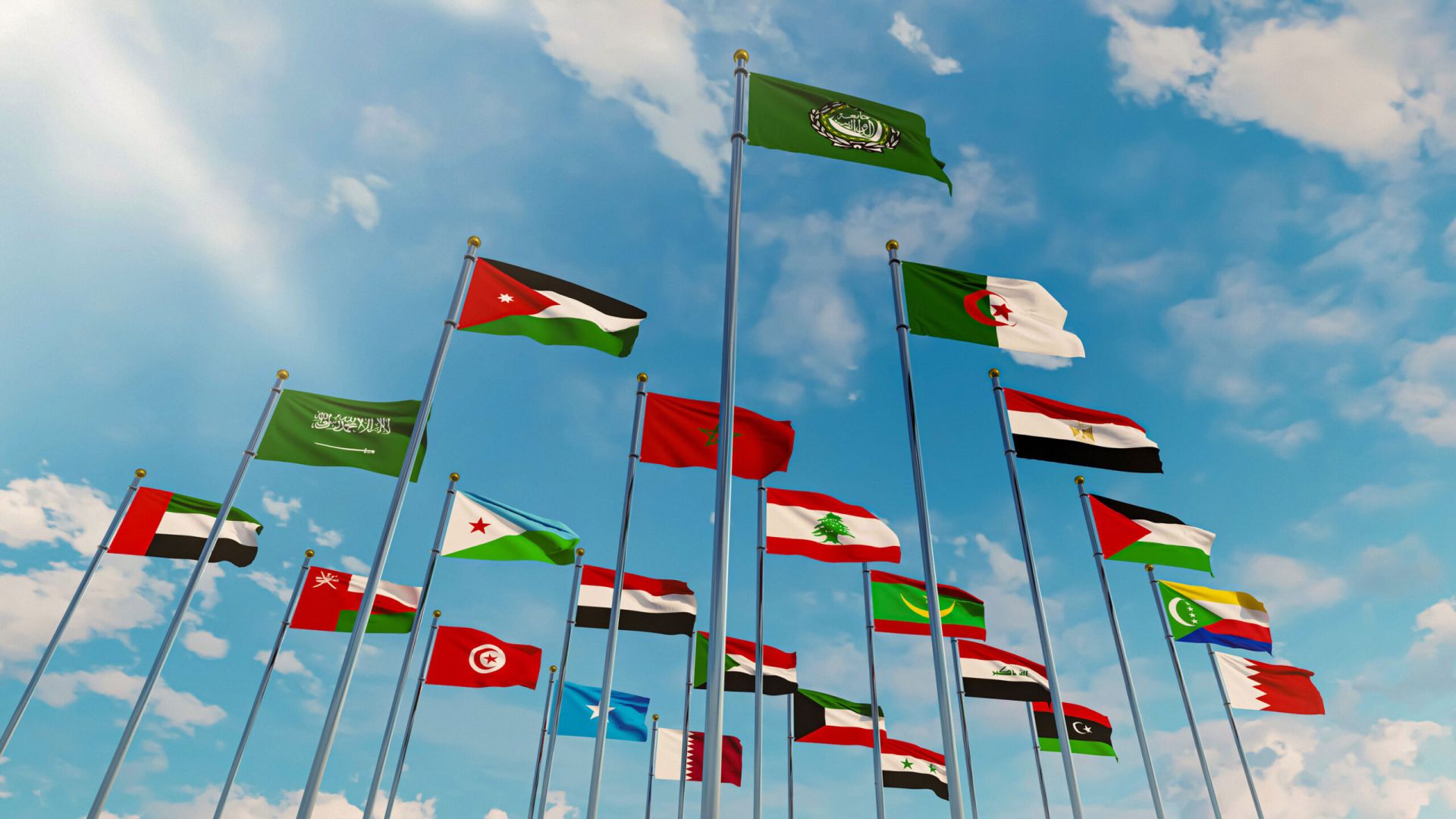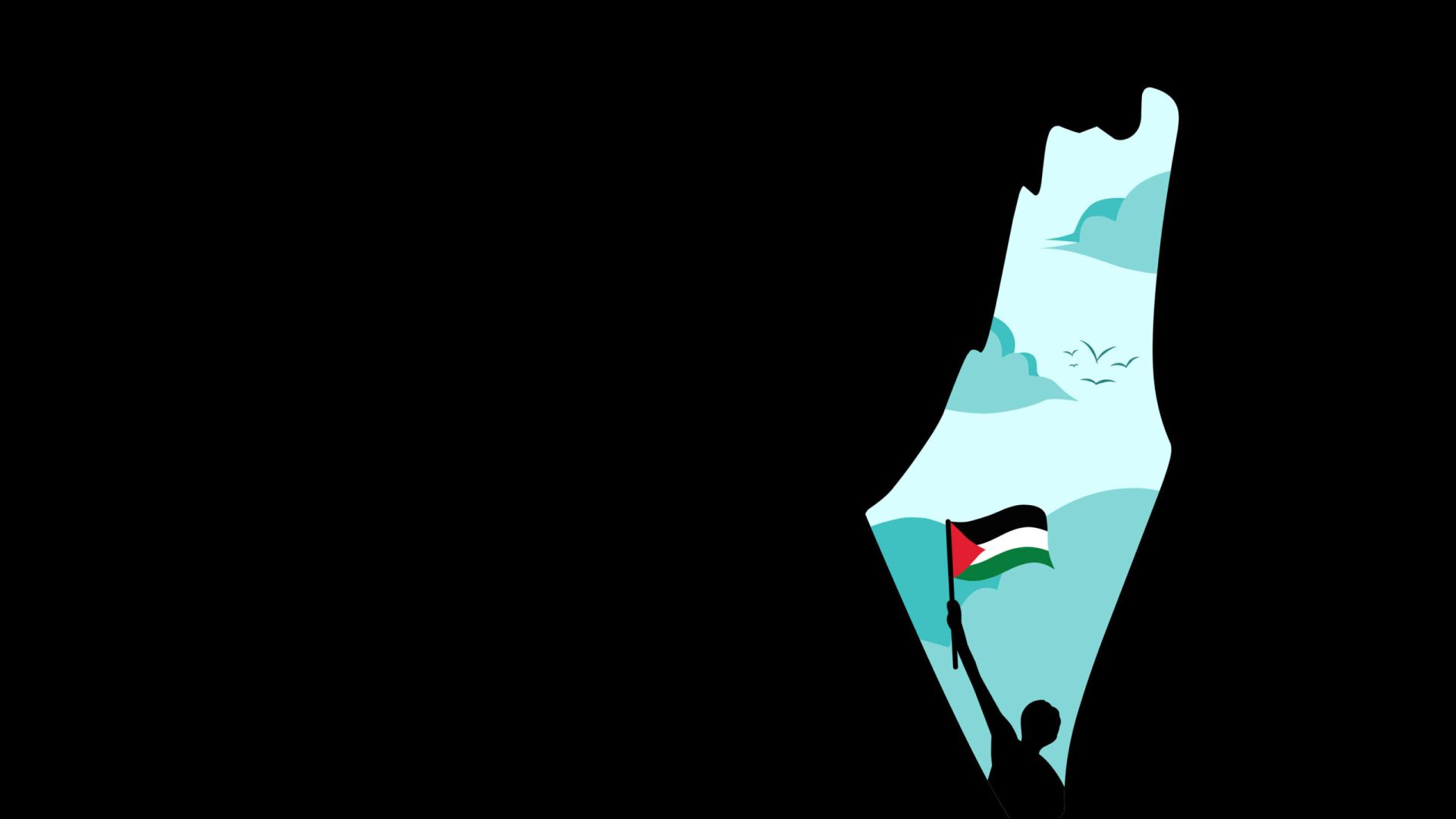Performing Wuḍūʾ: Is Wuḍūʾ Automatically Invalidated at the End of the Wiping Period?
Imām Muḥammad ibn Ṣāliḥ al-ʿUthaymīn


The Opinion of the Ḥanbalī Madh`hab
[According to the Ḥanbalī madh`hab], if the wiping period expires it becomes obligatory to perform wuḍūʾ again, even if in a state of purity [i.e., wuḍūʾ]. For example, if someone wipes over his socks at twelve o’clock [noon] on Tuesday, then his wiping period will expire at twelve o’clock [noon] on Wednesday and his wuḍūʾ will be invalidated at that time. Thus, he should perform another complete wuḍūʾ[with his socks off; washing his feet]. Such is the opinion of the writer [i.e., in the Ḥanbalī madh`hab].
The Correct Opinion
There exists no evidence for this from the Book of Allāh—the Most High—nor in the Sunnah of His Messenger (ﷺ), nor any ijmāʿ (scholarly consensus) of the people of knowledge. The Prophet (ﷺ) appointed the wiping period such that the point of expiration is known. He did not, however, set a period for the expiration of the state of purification itself. Therefore, the correct opinion is that should the wiping period expire and one is still in a state of purity [wuḍūʾ], his purity is not automatically invalidated. For his purity was instated in accordance with clear legislative evidence. That which has been confirmed in accordance with legislative evidence cannot be invalidated except with a similar legislative evidence. However, there exists no such evidence in this issue. His original state of purity should remain intact. This is the stance taken by Shaykh al-Islām Ibn Taymiyyah—may Allāh the Most High—have mercy on him.
Performing Wuḍūʾ as a Precaution
[Q]: If it is said: Should we not obligate the performing of wuḍūʾ as a purely precautionary measure?
[A]: We answer: Taking precautions is an encompassing term. What, precisely, would be termed precaution here? Is it achieved through taking the easier course of action or that which is more difficult? Or is it achieved through simply following that which the sharīʿah has stipulated? This latter option is the true precautionary measure.
If we then doubt if the sharīʿah stipulates this or not, here, the scholars—may Allāh have mercy on all of them—have differed. Some of them say: We should adopt that which is easier. This is because one’s original condition is to lack any responsibility [until and unless one is compelled to by the sharīʿah]. Also, because this religion is fundamentally built on ease and facilitation. While others say: We should always adopt the more difficult path because in it there is greater precaution and further removal from controversy and confusion.
However, regarding the issue of the invalidation of the state of wuḍūʾ, we have a set principle instilled by the Prophet (ﷺ). This is his saying concerning a man with doubts regarding the contents of his stomach [flatulence] during ṣalāh: “Let him not leave [his ṣalāh] until he either hears its sound or smells its stench.”1
The Prophet (ﷺ) did not obligate the performance of wuḍūʾ except upon the one who was completely assured of its necessity. There is no difference between doubting the actual occurrence of something that would obligate having to perform wuḍūʾ again as in the ḥadīth, and doubting whether a legislative ruling should be made.2 For they are both forms of doubt. Here, we have a doubt concerning what has actually transpired, has an invalidator of wuḍūʾ occurred or not? There, we have a doubt that concerns a legislative ruling; does legislation obligate it or not? The ḥadīth proves that the state of wuḍūʾis not invalidated except by that which is assured. In our current issue, there exists no assurance. Considering this, the correct opinion is the stance taken by Shaykh al-Islām—may Allāh have mercy on him—that the state of purification is not invalidated simply by the expiration of the wiping period because there is no evidence to support this view.
Anyone who then comes to us with evidence to this effect would then obligate us to follow that evidence. If there is no evidence, then how could it be permissible for us to compel the servants of Allāh with that which He has not made compulsory upon them? The people of knowledge are responsible before Allāh as they have been entrusted with this sharīʿah. As it comes in the ḥadīth:“They are the inheritors of the prophets.”3
Endnotes:
[1] Authentic: Narrated by al-Bukhārī: 137 and Muslim: 361.
[2] Translator note: Put simply, any time there is doubt in a judicial issue whether this be concerning the occurrence of something or if a ruling should be made, we always base our course of action upon that which is assured. As for the occurrence of something, here the example is doubting flatulence occurring in ṣalāh. We only take action in the form of leaving ṣalāh and performing wuḍūʾ if we hear or smell something. We act on that which is assured. As for a ruling in which we have doubts, i.e. the automatic termination of wuḍūʾ at the end of an wiping expiration period. We only make a ruling of automatic termination if we see evidence to that effect. Otherwise, we do not. Both are forms of doubt. In both instances we only act in accordance with that which is assured. So there is no difference between the two in this way.
[3] Authentic: Narrated by Aḥmad 1:196, Abū Dāwūd: 3641, and al-Tirmidhī: 2682. Graded authentic by al-Ḥākim, Ibn Ḥibbān, and al-Albānī in ‘Ṣaḥīḥ al-Tirmidhī’ 3:71 no. 2682.
Source: Al-Sharḥ al-Mumtiʿ, 1: 264-267
Translated by: Riyāḍ al-Kanadī
Most Popular: Last 30 Days

Performing Wuḍūʾ: Is Wuḍūʾ Automatically Invalidated at the End of the Wiping Period?

The Rise of Nationalism in the Muslim World Is a Call to Pre-Islamic Jāhiliyyah







